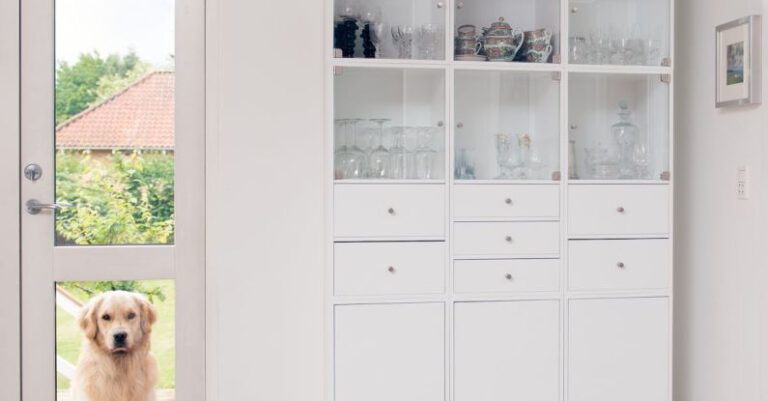How to Manage Allergies to Family Pets?
Living with allergies can be challenging, especially when you have pets. For many people, pets are like family members, so giving them up may not be an option. The good news is that there are ways to manage allergies to family pets and still enjoy their companionship. In this article, we will explore some effective strategies to help you live harmoniously with your furry friends.
Understanding Pet Allergies
Before we delve into the management techniques, it’s important to understand what causes pet allergies. Contrary to popular belief, it’s not pet hair that triggers allergies but rather proteins found in pet dander, saliva, and urine. When these proteins come into contact with sensitive individuals, they can cause a range of symptoms, including sneezing, coughing, itchy eyes, and skin rashes.
Creating an Allergy-Friendly Home Environment
One of the first steps in managing allergies to family pets is to create an allergy-friendly home environment. Start by designating pet-free zones in your house, such as bedrooms or certain furniture. This will help minimize your exposure to pet dander, especially during sleep when your body needs to recover.
Regular cleaning is another essential aspect of maintaining an allergy-friendly home. Vacuuming carpets and upholstery with a HEPA filter can help remove pet dander from your living space. Additionally, using allergen-proof covers on pillows and mattresses can prevent allergens from accumulating and triggering symptoms.
Grooming and Bathing
Regular grooming and bathing of your pets can significantly reduce the amount of allergens they carry. Brushing your pets outside can help remove loose fur and dander before it spreads indoors. It’s also a good idea to have someone without allergies handle the grooming process.
Bathing your pets once a week can further minimize allergens. Use hypoallergenic pet shampoos that are specifically formulated to reduce dander and allergen levels. If bathing your pet is not feasible, consider using pet wipes to remove dander from their fur.
Air Filtration
Investing in a high-quality air purifier can make a significant difference in managing pet allergies. Look for a purifier with a HEPA filter, as it can effectively capture and trap pet allergens in the air. Place the purifier in the rooms where you spend the most time, such as the living room or bedroom, to ensure maximum effectiveness.
Allergy Medications
In some cases, managing pet allergies may require the use of allergy medications. Antihistamines can help alleviate symptoms such as sneezing and itching. However, it’s important to consult with a healthcare professional before starting any medication regimen, as they can recommend the most appropriate options based on your specific needs.
Immunotherapy
For individuals with severe pet allergies, immunotherapy may be a viable option. This treatment involves gradually exposing the body to small doses of the allergen, helping build tolerance over time. Immunotherapy can be administered through allergy shots or sublingual drops, and it should be done under the supervision of an allergist.
Enjoying Pet Time Safely
While managing pet allergies requires some extra effort, it doesn’t mean you can’t enjoy quality time with your furry friends. Washing your hands after touching your pets and avoiding touching your face can help prevent allergens from coming into contact with your sensitive areas. It’s also a good idea to keep your pets out of your bedroom to create a safe haven for allergy-free sleep.
Conclusion: Living in Harmony with Family Pets
Living with allergies to family pets can be challenging, but it doesn’t have to mean giving up the companionship and joy they bring. By creating an allergy-friendly home environment, regular grooming and bathing, using air filtration systems, and exploring allergy medications or immunotherapy, you can successfully manage pet allergies and continue to enjoy the unconditional love and happiness that pets provide. Remember, it’s always important to consult with a healthcare professional or allergist for personalized advice and guidance.






